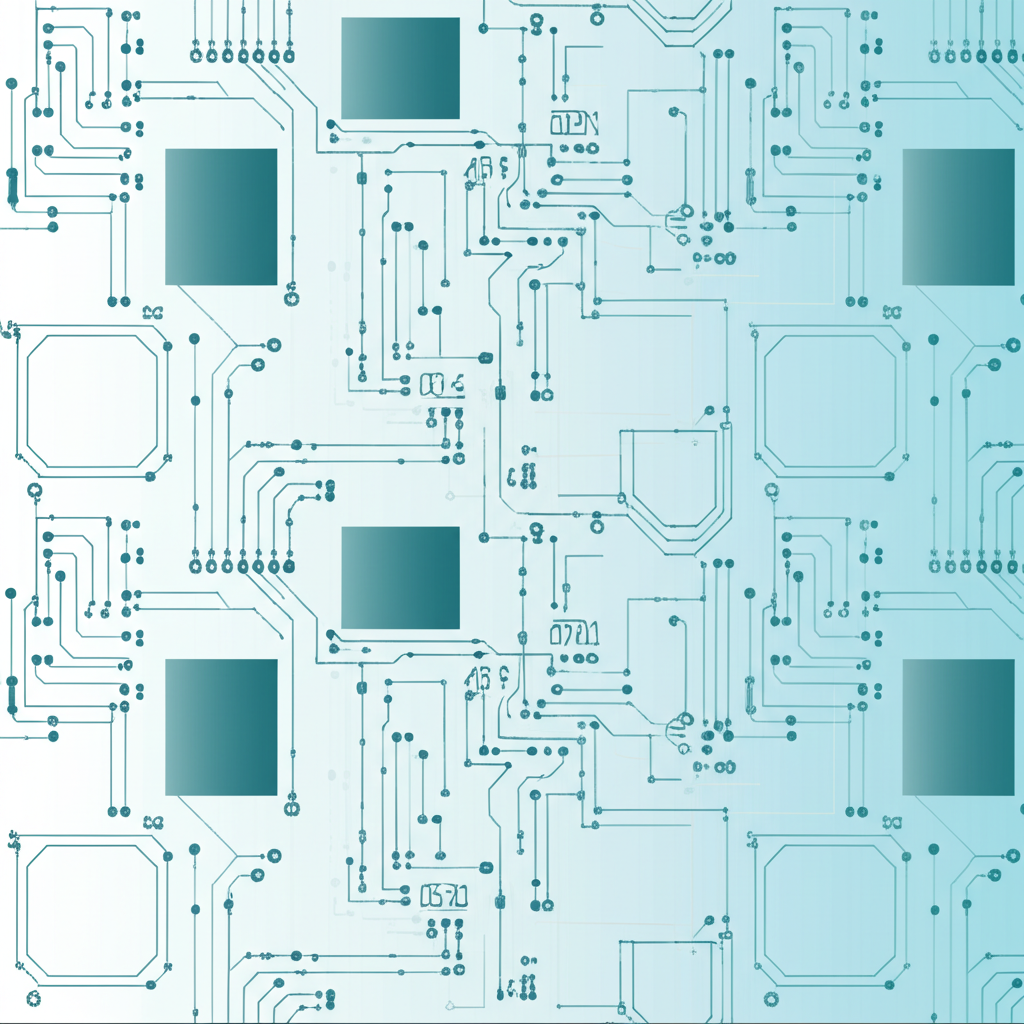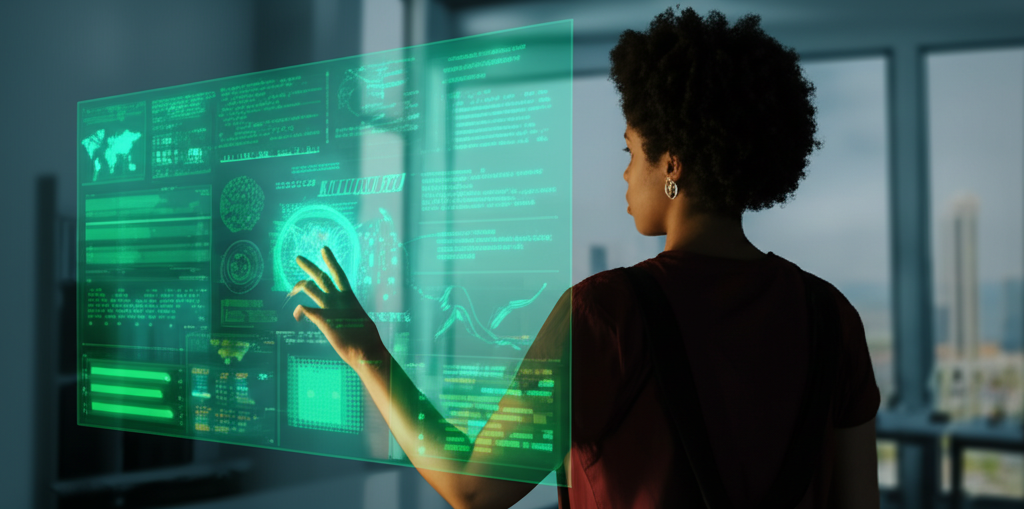Artificial intelligence is revolutionizing how we approach software development. From code generation to testing and deployment, AI tools are becoming an integral part of the modern developer's toolkit. At CoreBytes, we've been exploring and implementing these technologies to enhance our development processes.
Current State of AI in Development
Today's AI-powered development tools offer capabilities that were science fiction just a few years ago. Code completion, bug detection, and even entire function generation are now possible with tools like GitHub Copilot, Amazon CodeWhisperer, and various language-specific AI assistants.
Code Generation and Completion
Modern AI assistants can generate code snippets, complete functions, and even write entire modules based on natural language descriptions. This dramatically speeds up development time, especially for routine tasks and boilerplate code.
Automated Testing
AI can now generate test cases, identify edge cases human testers might miss, and even automatically fix certain classes of bugs. This leads to more robust code with fewer defects reaching production.
Challenges and Considerations
While AI offers tremendous benefits, its integration into development workflows isn't without challenges. Here are some key considerations we've encountered:
Code Quality and Review
AI-generated code must be reviewed carefully to ensure it meets quality standards and doesn't introduce subtle bugs or security vulnerabilities. We've implemented a "human in the loop" approach where AI suggestions are always reviewed by experienced developers before being committed.
Developer Skills and Roles
There's a concern that heavy reliance on AI could lead to skill atrophy among developers. We address this by using AI as an enhancement tool rather than a replacement, and by focusing developer training on higher-level architectural and problem-solving skills.
Intellectual Property and Security
Using external AI services raises questions about code privacy and intellectual property. We've addressed this by deploying private instances of open-source models on our secure infrastructure, ensuring client code never leaves our controlled environments.
The Future of AI-Powered Development
Looking ahead, we see several exciting trends in AI-powered development:
Autonomous Development Systems
Future AI systems will be able to take high-level requirements and autonomously develop, test, and deploy entire features with minimal human intervention. Developers will evolve into "AI orchestrators" who guide these systems rather than writing code directly.
Personalized Development Environments
AI will increasingly customize the development environment to each developer's preferences, habits, and strengths. IDEs will adapt in real-time, suggesting optimal workflows and tools based on the current task and the developer's history.
Natural Language Programming
The barrier between natural language and programming languages will continue to blur. Eventually, developers may be able to describe complex systems in plain English (or other languages), with AI handling the translation to executable code.
Our Approach at CoreBytes
At CoreBytes, we're taking a measured approach to AI integration. We view AI as a powerful tool that amplifies human creativity and problem-solving rather than replacing it. Our development teams are trained to work effectively with AI assistants, understanding both their capabilities and limitations.
We've established clear guidelines for when and how to use AI in our development process, ensuring we maintain code quality, security, and the continued growth of our developers' skills.
Conclusion
AI-powered development represents a paradigm shift in how software is created. By embracing these tools thoughtfully and strategically, we're able to deliver higher quality software more efficiently while continuing to nurture the human expertise that remains at the heart of truly innovative solutions.
As we continue to explore and implement AI in our development processes, we remain committed to sharing our insights and best practices with the broader development community. The future of software engineering is collaborative—between humans and AI—and we're excited to be at the forefront of this evolution.

